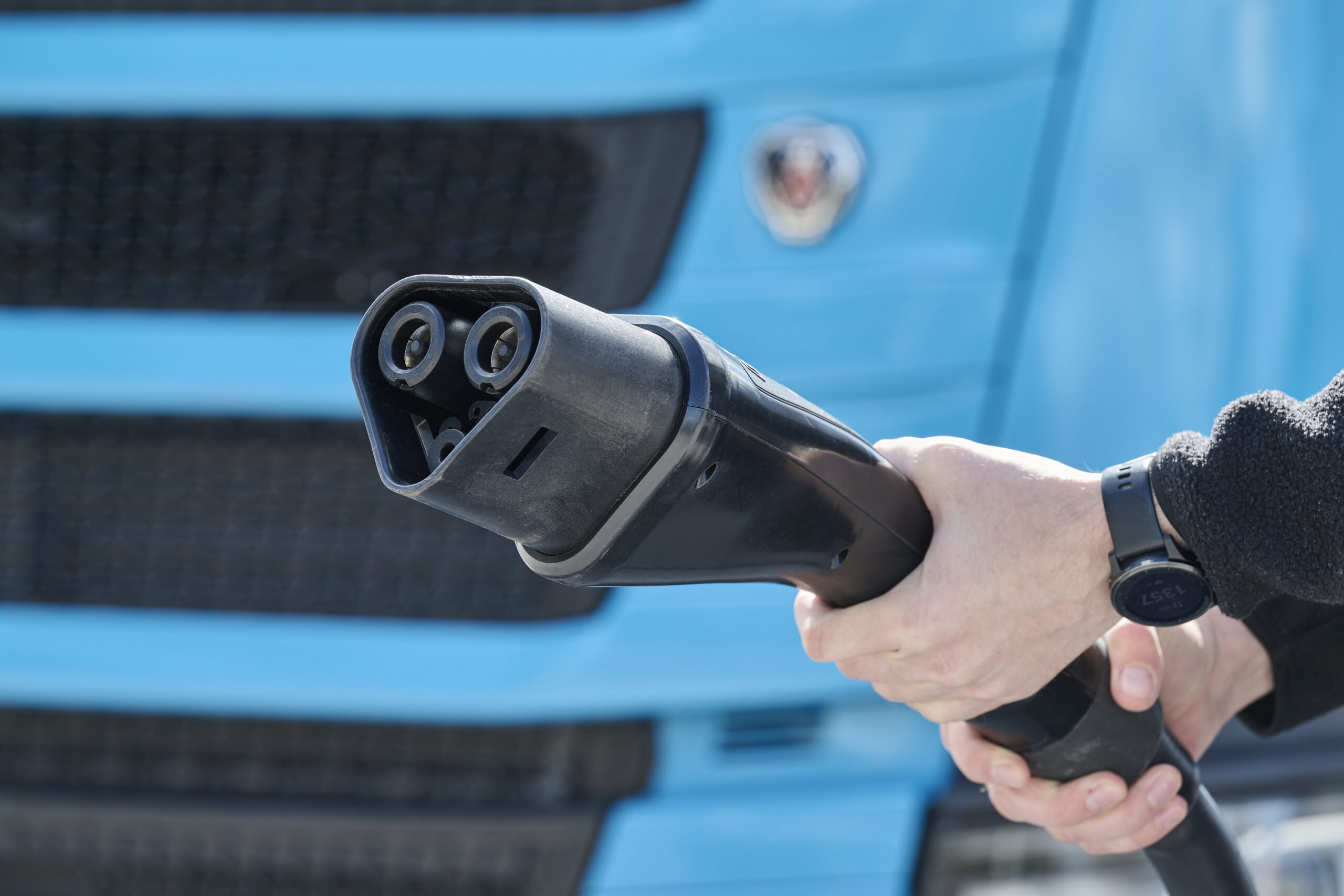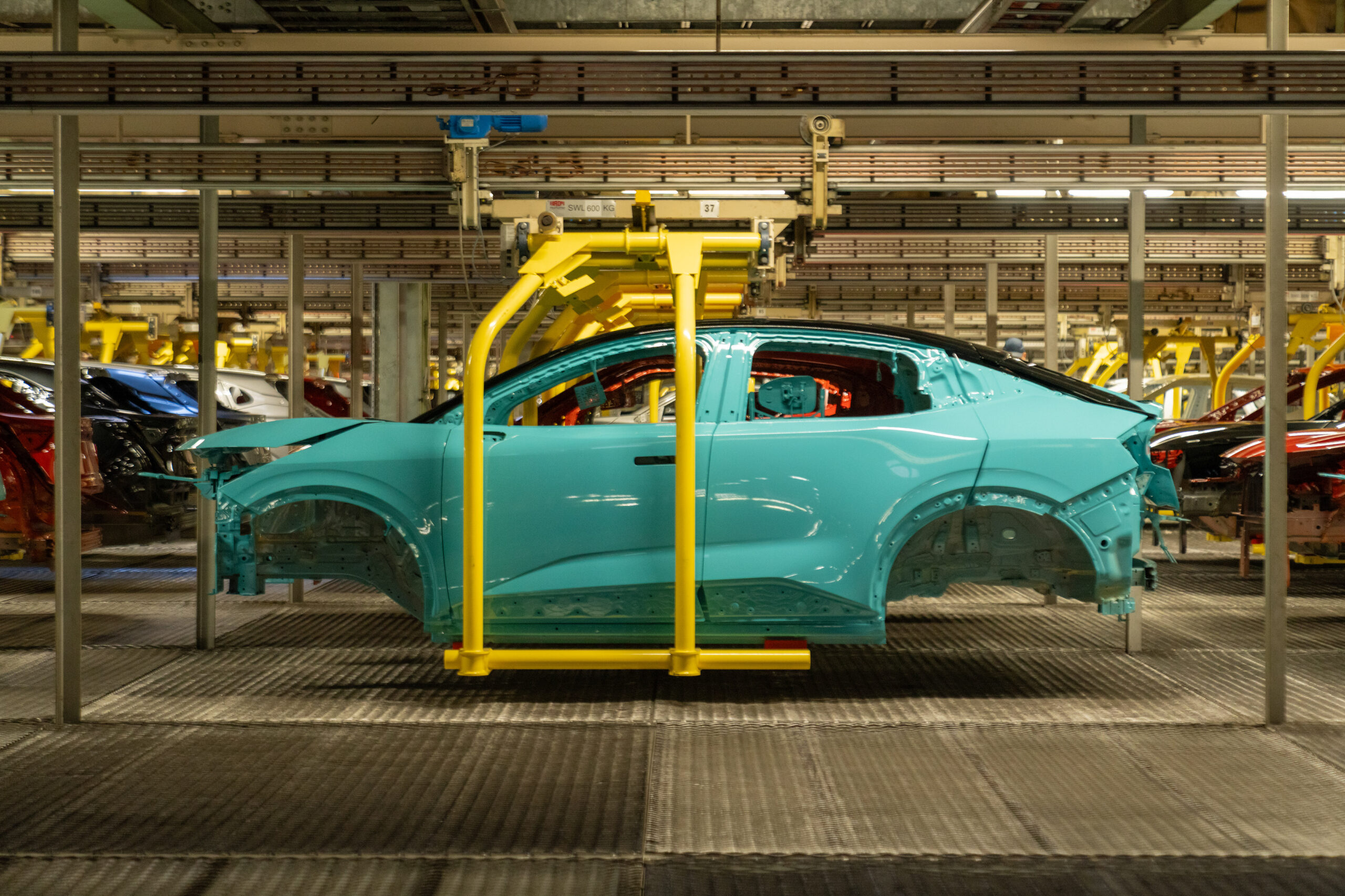

Heavy goods vehicles are crucial to keeping goods and business on the move, and a thriving market for the latest models is essential for reducing emissions. Yet the latest registrations data published by SMMT today shows Q2 marked a fourth quarter of decline in the new HGV market. Although this is unsurprising as the market recalibrates following three years of robust post-pandemic demand, a return to growth must come soon given the central role that these vehicles play in a wide range of sectors across the economy.
In more positive news, the sector’s zero emission transition continues to progress, with uptake reaching a record market share of 0.9%. This is encouraging, although the uplift equates to just 183 new vehicles overall, with ZEV trucks still comprising fewer than one in 100 going into service. Just like other new vehicle markets, what matters most when it comes to cutting emissions and building an ZEV ecosystem is volume, not percentages.
HGV manufacturers already offer an impressive range of 35 different ZEV models, but the upfront cost of vehicle purchases and depot infrastructure upgrades can deter operator investment. Rapid delivery of recently announced depot chargepoint funding alongside fast-tracking depot grid connections, in the same way the government has announced it will do so for data centres, wind farms and solar, are fundamental to unlocking investment. A longer term national strategy that delivers public, HGV-suitable infrastructure across every region is also needed.
Meanwhile, SMMT’s latest bus, coach and minibus data confirms a buoyant market, with nine consecutive quarters of growth across all segments as passenger numbers edge back to pre-pandemic levels. Decarbonisation in this sector is forging ahead, with ZEV bus uptake up 45.3% in Q2 – with 616 new units on the road, representing a fifth of the market. As a result, the UK continues to have the largest new ZEV bus market in Europe – thanks to huge manufacturer innovation with more than 20 different ZEV bus models available, and government support through the Zero Emission Bus Regional Area funding, which has allowed many larger operators to embrace the transition.
Smaller and rural operators face distinct challenges, however – longer routes, lower ridership and relatively fewer resources to invest. A long-term strategy that offers investment certainty is needed, including a national plan for infrastructure at depot and shared hub locations.
Collaboration is pivotal to the bus transition and next month’s UK Bus Summit in Manchester, covering national and regional stakeholders across government and industry, provides an opportune moment to advance a shared agenda amid a particularly busy year. SMMT members are able to benefit from a 10% discount on tickets, but bookings close soon. Find out further details here.
SMMT Update
Sign up to the SMMT Update Newsletter for weekly automotive news and data
"*" indicates required fields


